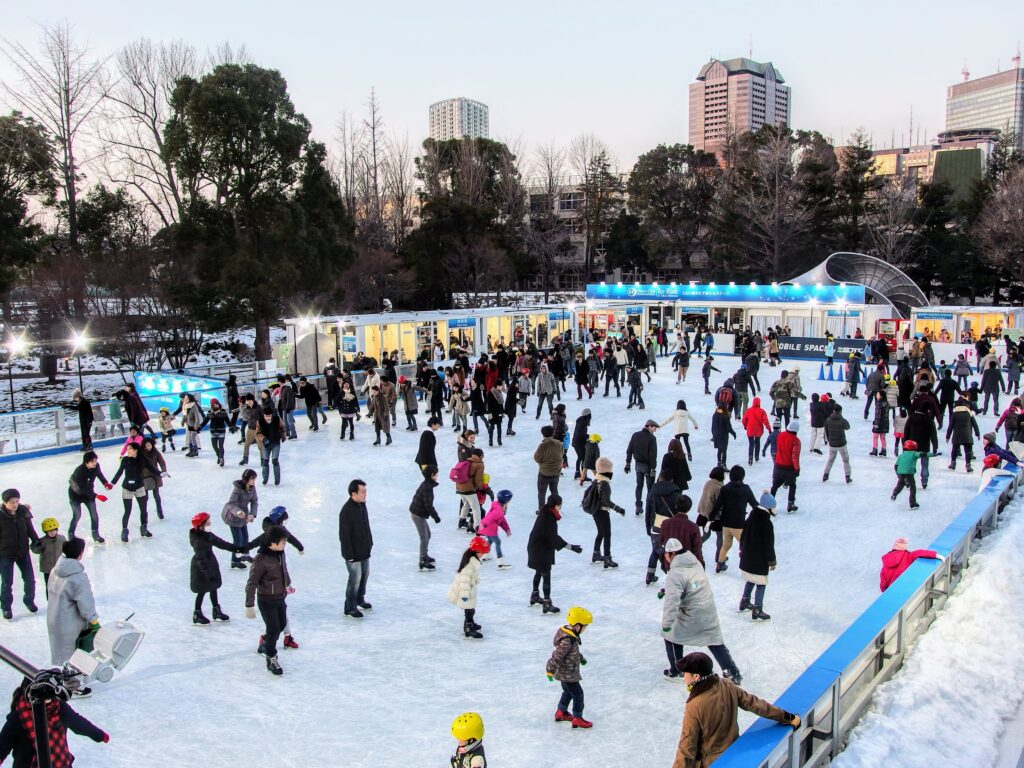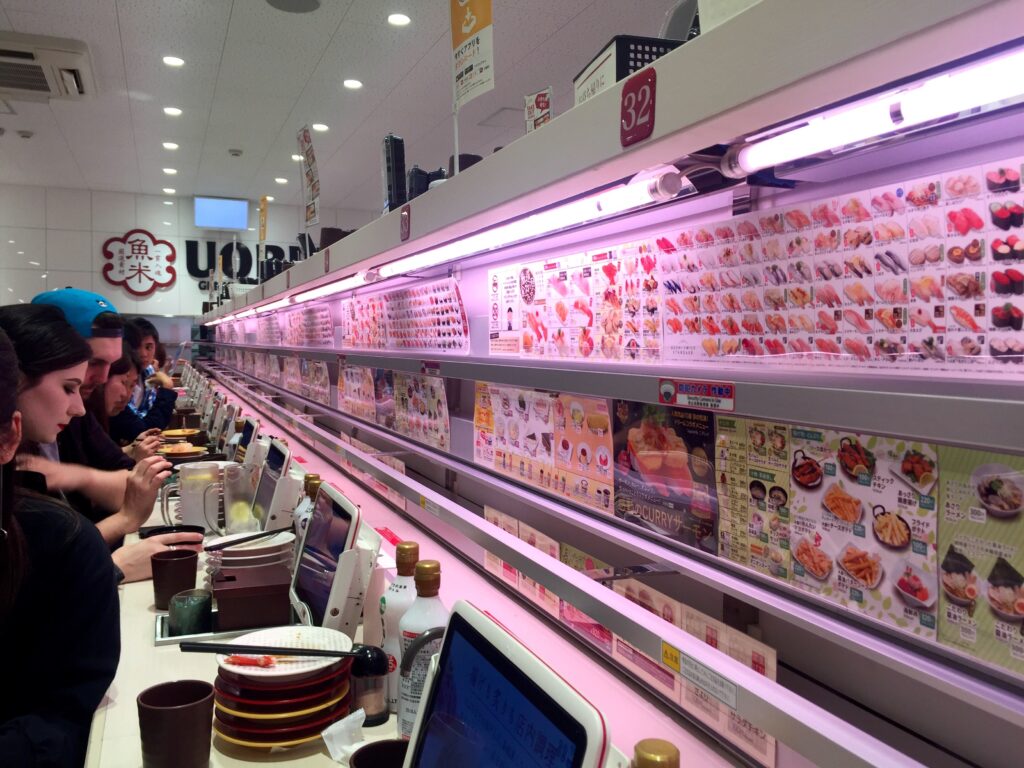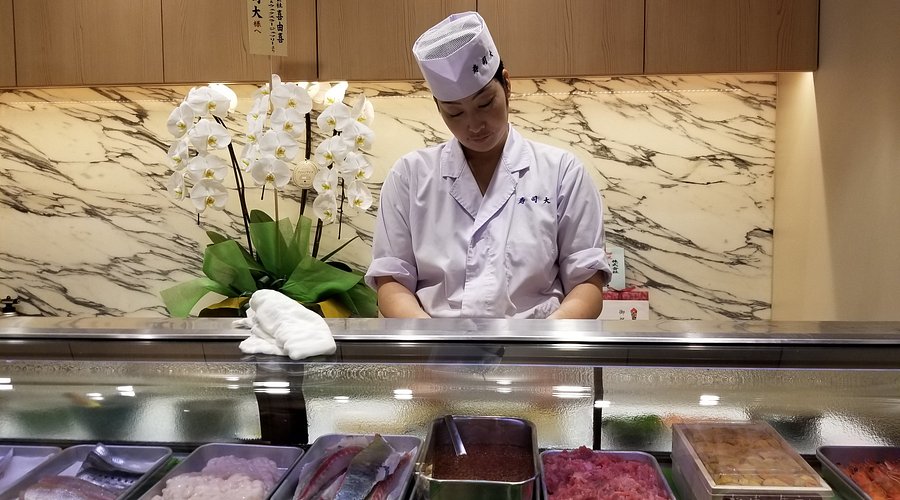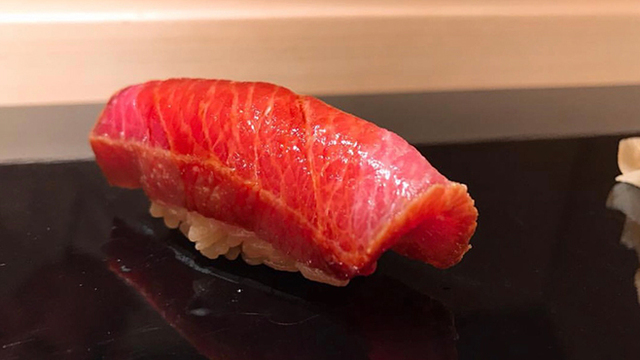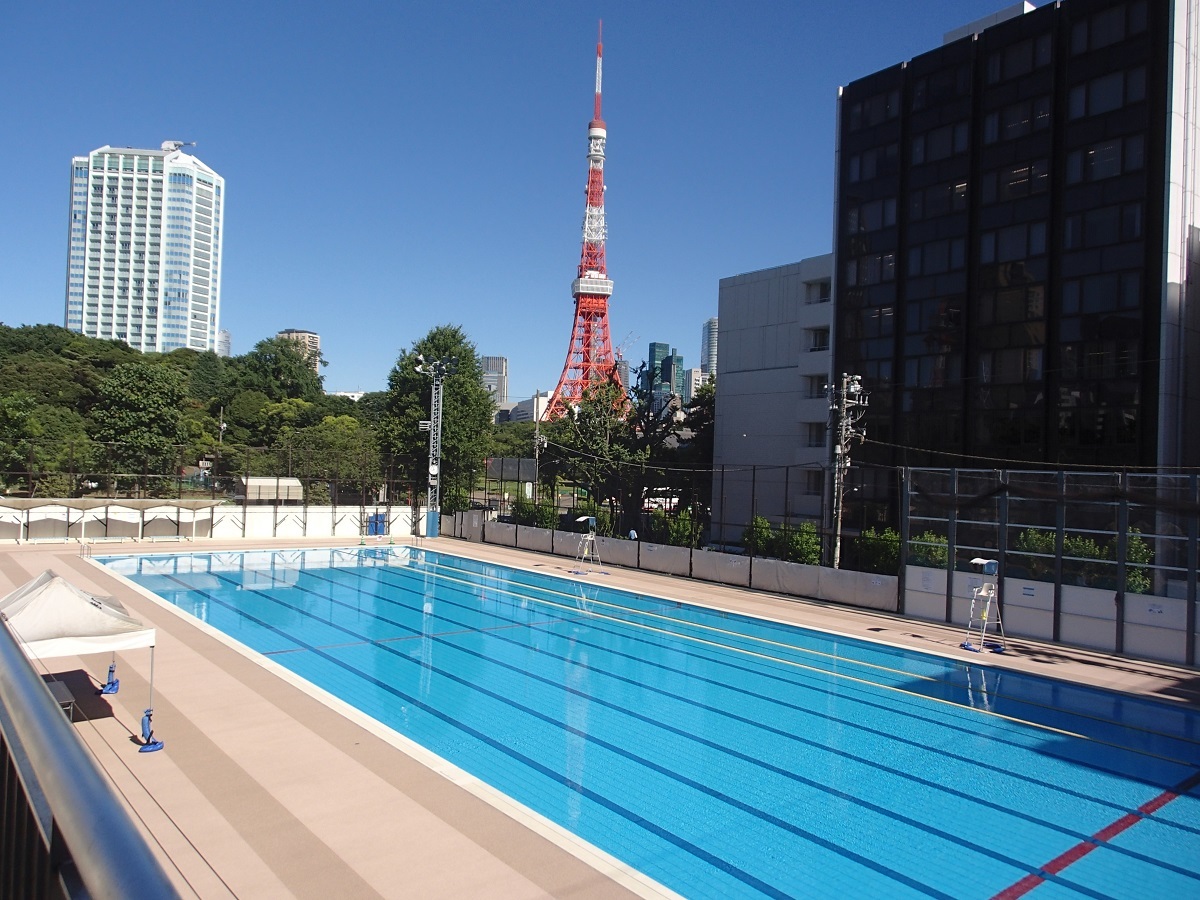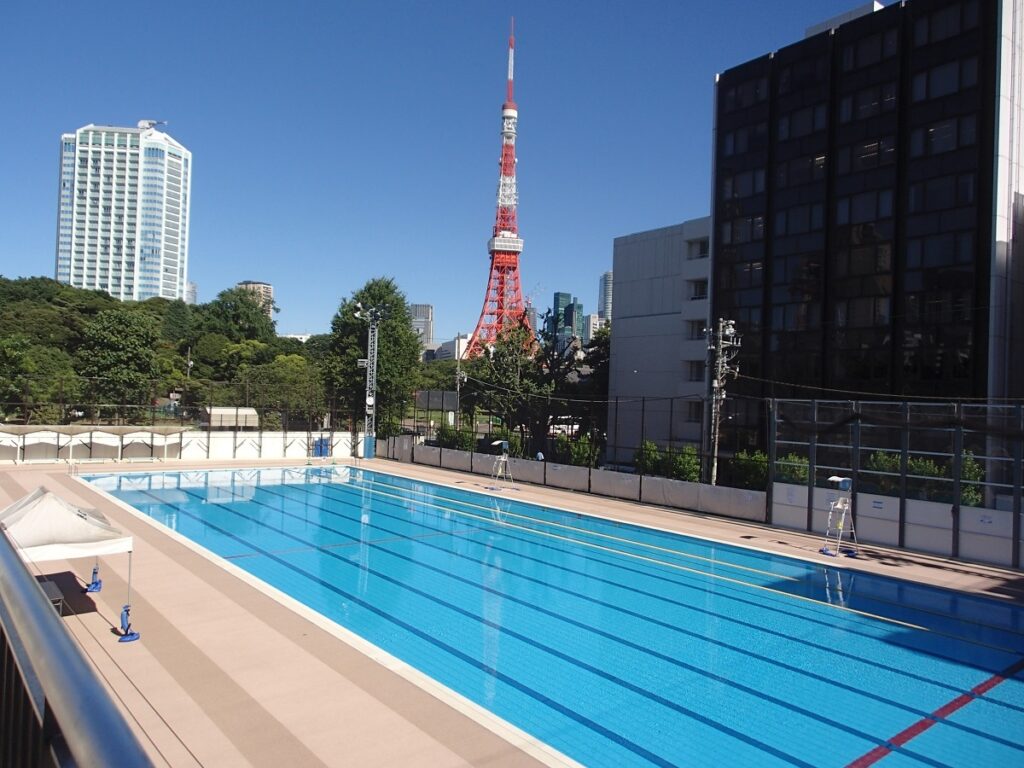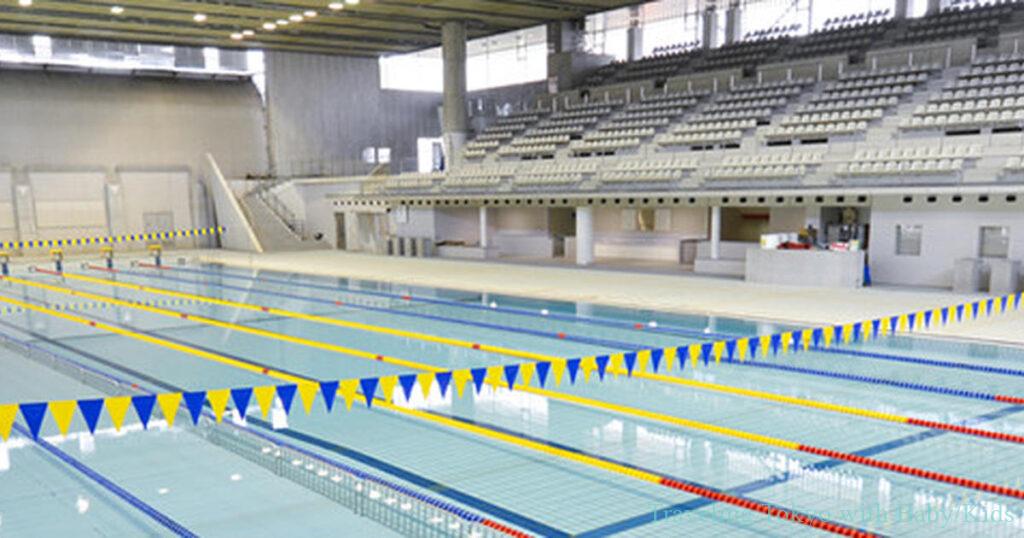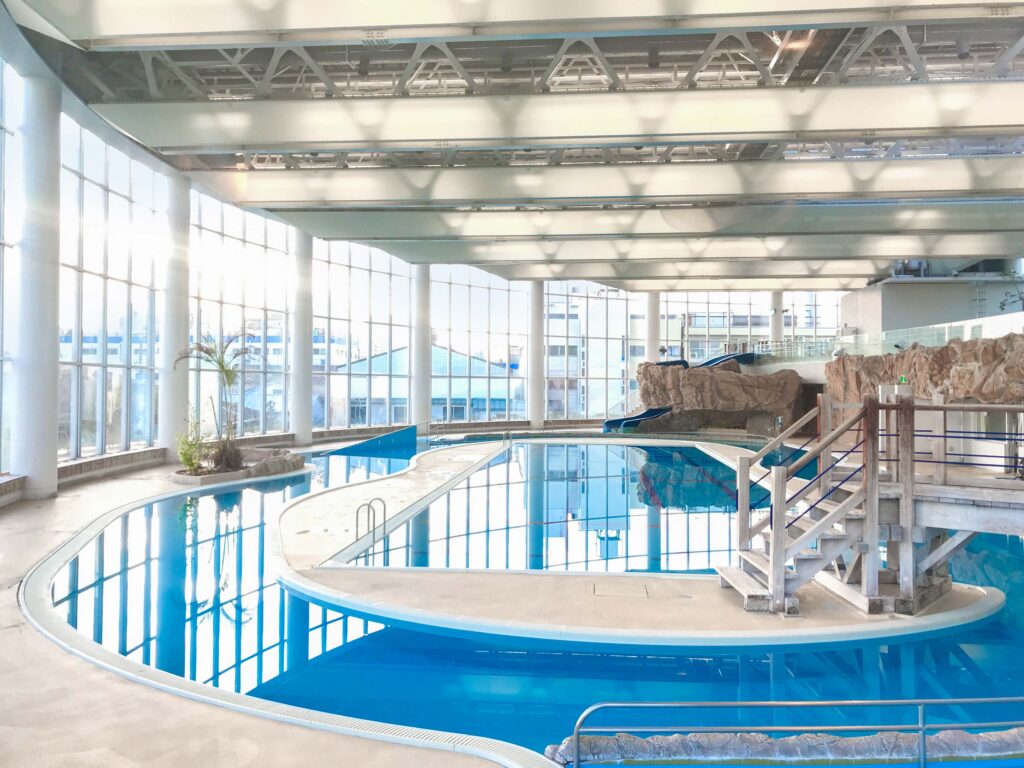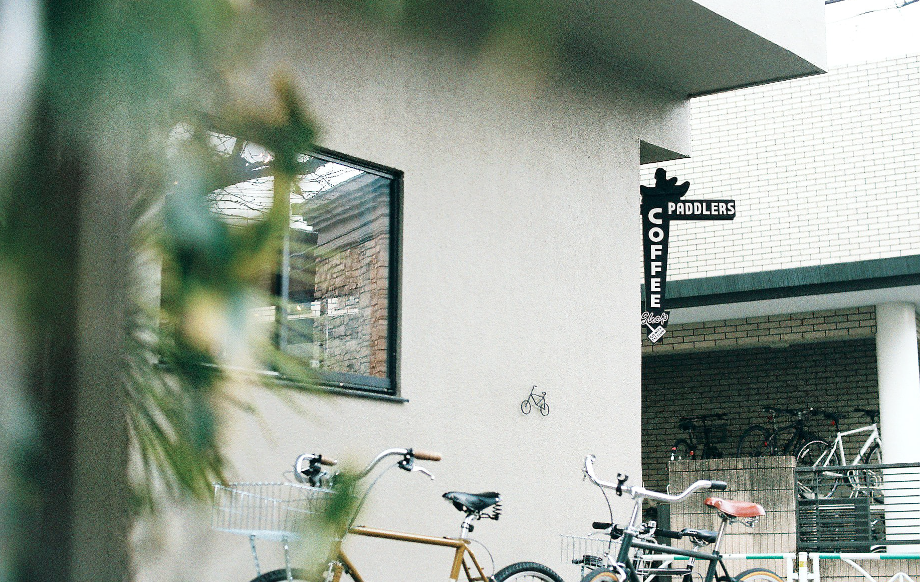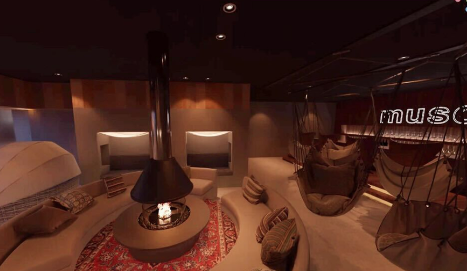1. Exploring Tokyo’s Winter Illuminations
Spanning from late November through February, Tokyo’s streets transform into a dazzling showcase of illuminations. Popular areas of the city, such as Marunouchi Nakadori, Roppongi Hills Street, and many parts of Shibuya, are particularly special. These light displays are available to the public, and being free of charge, make for a perfect evening outing. Living in central Tokyo means you’ll have these spectacular illuminations right nearby.

2. Trying Japanese Winter Foods
Japan’s winter weather is the perfect opportunity to indulge in Tokyo’s comfort food offerings. Classic winter dishes include nabe (Japanese hot pot), oden (simmered vegetables and fish cakes), and wagyu shabu-shabu. Neighborhoods like Ebisu, Meguro, and Kichijoji are packed with izakaya and restaurants serving a variety of seasonal dishes. For anyone living in Tokyo, winter is the perfect chance to discover new dining spots and experience Japan’s unique foods.
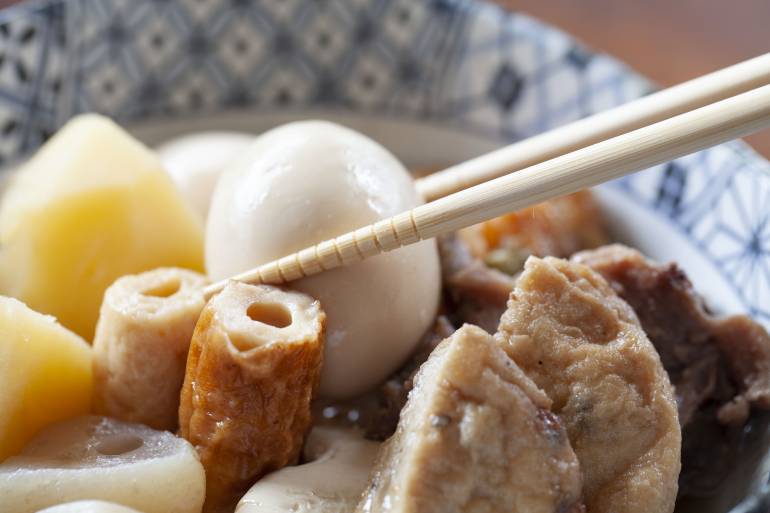
3. Midtown Ice Skating
Winter also sees the arrival of several pop-up ice rinks across Tokyo. The Tokyo Midtown Ice Rink in Roppongi is one of the most popular. The Yebisu Garden Place rink is another excellent option, providing a romantic vibe as it is surrounded by city lights. Even Yokohama’s Red Brick Warehouse is just a short train ride away. Families, couples, and friends can all enjoy skating together with this seasonal activity.
